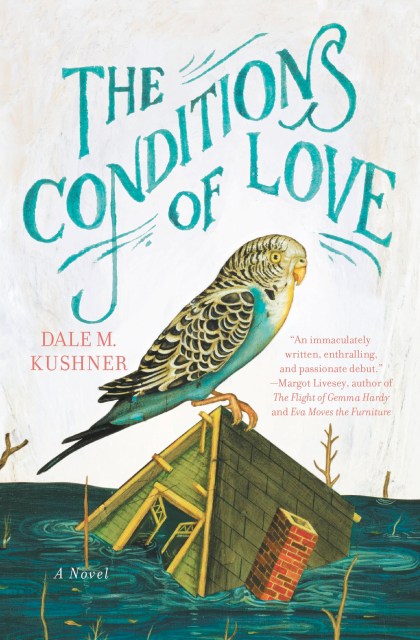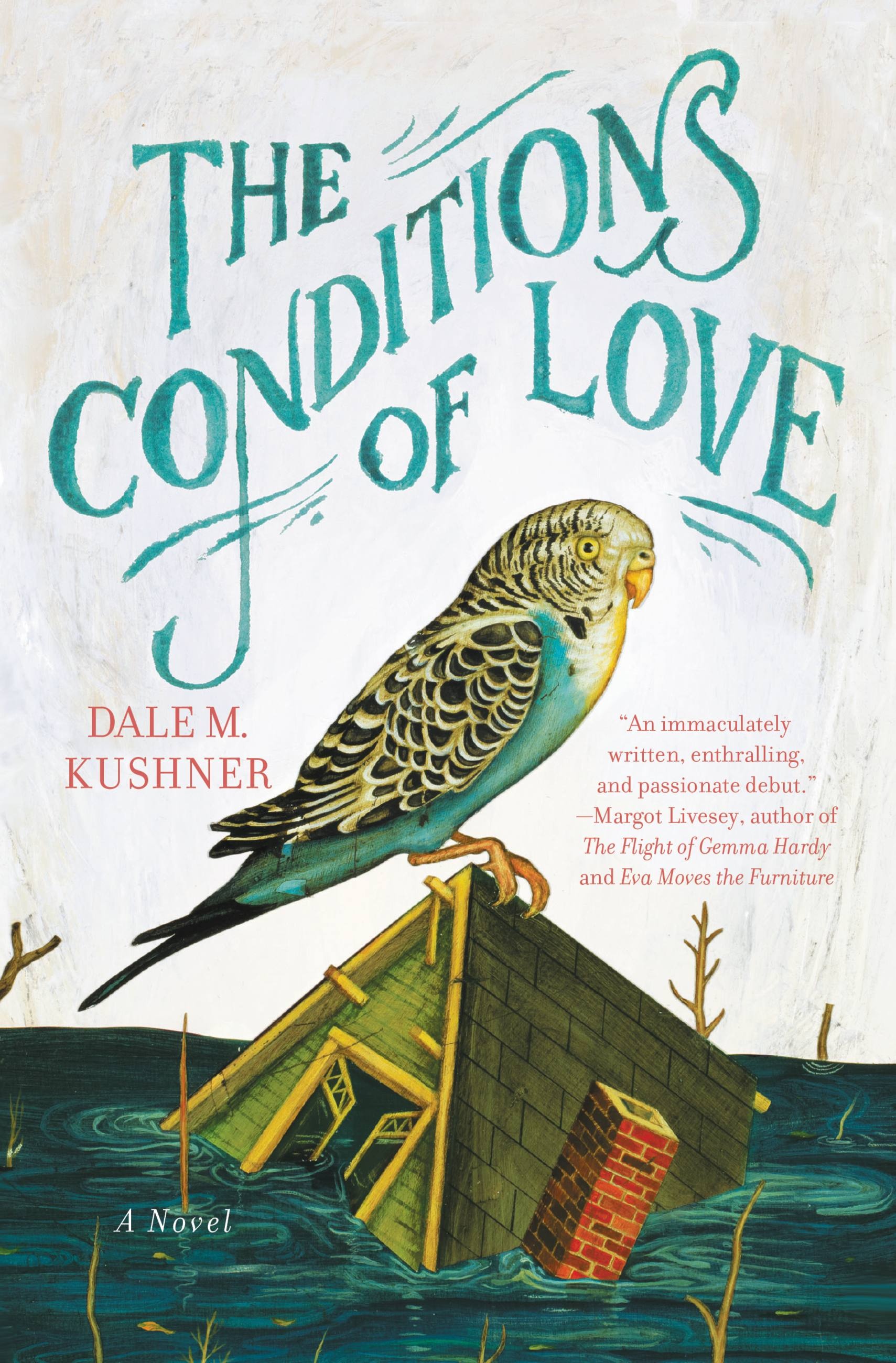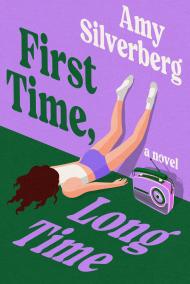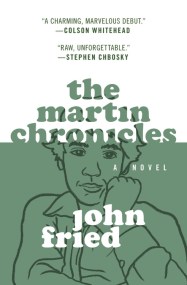By clicking “Accept,” you agree to the use of cookies and similar technologies on your device as set forth in our Cookie Policy and our Privacy Policy. Please note that certain cookies are essential for this website to function properly and do not require user consent to be deployed.
The Conditions of Love
Contributors
Formats and Prices
- On Sale
- May 6, 2014
- Page Count
- 384 pages
- Publisher
- Grand Central Publishing
- ISBN-13
- 9781455519743
Price
$24.99Price
$31.99 CADFormat
Format:
- Trade Paperback $24.99 $31.99 CAD
- ebook $8.99 $11.99 CAD
- Hardcover $40.00 $50.00 CAD
- Audiobook Download (Unabridged)
This item is a preorder. Your payment method will be charged immediately, and the product is expected to ship on or around May 6, 2014. This date is subject to change due to shipping delays beyond our control.
Buy from Other Retailers:
Dale M. Kushner’s novel The Conditions of Love traces the journey of a girl from childhood to adulthood as she reckons with her parents’ abandonment, her need to break from society’s limitations, and her overwhelming desire for spiritual and erotic love. In 1953, ten-year-old Eunice lives in the backwaters of Wisconsin with her outrageously narcissistic mother, a manicureeste and movie star worshipper. Abandoned by her father as an infant, Eunice worries that she will become a misfit like her mother. When her mother’s lover, the devoted Sam, moves in, Eunice imagines her life will finally become normal. But her hope dissolves when Sam gets kicked out, and she is again alone with her mother. A freak storm sends Eunice away from all things familiar. Rescued by the shaman-like Rose, Eunice’s odyssey continues with a stay in a hermit’s shack and ends with a passionate love affair with an older man. Through her capacity to redefine herself, reject bitterness and keep her heart open, she survives and flourishes. In this, she is both ordinary and heroic. At once fable and realistic story, The Conditions of Love is a book about emotional and physical survival. Through sheer force of will, Eunice saves herself from a doomed life.
This engaging examination of a mother and daughter’s relationship will appeal to the same audience that embraced Mona Simpson’s acclaimed classic Anywhere But Here and Elizabeth Strout’s bestselling Amy and Isabelle.
This engaging examination of a mother and daughter’s relationship will appeal to the same audience that embraced Mona Simpson’s acclaimed classic Anywhere But Here and Elizabeth Strout’s bestselling Amy and Isabelle.
Genre:
-
A teenage girl endures fire, flood and the loss of her parents in this bracing, oddly uplifting debut.Kirkus
As this coming-of-age novel begins in 1953, narrator Eunice is living in a small Illinois town with her mother, Mern, whose affection for Hollywood movies is nearly matched by her erratic behavior and questionable taste in men. Eunice's reprobate father is out of the picture, but when he returns for just one day to take her to a carnival, it's transformative for her. Alas, dad is back in the shadows fast, and Mern's boyfriends don't last long either, signaling the grand theme of this novel: The love of others is something that always seems to slip just out of reach. A nearly biblical flood separates Mern and Eunice, putting the girl in the care of Rose, a flighty but compassionate earth-goddess type, and the knowledge about nature that Eunice picks up serves her well when she falls into the orbit of an attractive farmer named Fox-until catastrophe strikes yet again. Kushner seems to have taken more than a few lessons from Joyce Carol Oates about both crafting a novel with a broad scope and putting female characters through the wringer. But there's also a lightness to Eunice's narration that keeps the Job-ian incidents from feeling oppressive-she's observant, witty and genuinely matures across the nine years in which the novel is set. Kushner makes some structural missteps-for instance, she delays revealing much detail about Fox, which dulls his character early on and blunts the impact of the novel's climactic drama. But Kushner is remarkably poised for a first-time novelist, offering an interesting adolescent who's possessed of more than a little of Huck Finn's pioneer spirit.
A fine exploration of growing up, weathering heartbreak and picking oneself up over and over. -
When Eunice is 10 years old, her father comes back to Wild Pea, Illinois, and promises to buy her a horse. She never sees him again. Her mother, Mern, is heartbroken but soon comforted by the attentions of the flawed but loving Sam Podesta. Eunice grows up fighting for love from the people who should love her unconditionally but is bolstered by love from unexpected sources, her downstairs neighbor, a Holocaust survivor, and her pet turtle, Eunice Turtle. As a young teenager, she is literally rescued by Rose, a patient teacher, who loses her to foster care and Eunice's first stirrings of romantic love. Eunice is a lonely, artistic girl who grows into a temperamental young woman whose strength and capacity for love belie her tough upbringing. This is poet Kushner's first novel, and her roots show; passages describing even the bleakest midwestern landscapes are artfully drawn. A coming-of-age story that wonderfully combines literary style with heartbreaking plot twists and still manages to be uplifting, even before the epilogue that ties everything together.Booklist
Newsletter Signup
By clicking ‘Sign Up,’ I acknowledge that I have read and agree to Hachette Book Group’s Privacy Policy and Terms of Use






